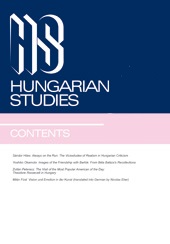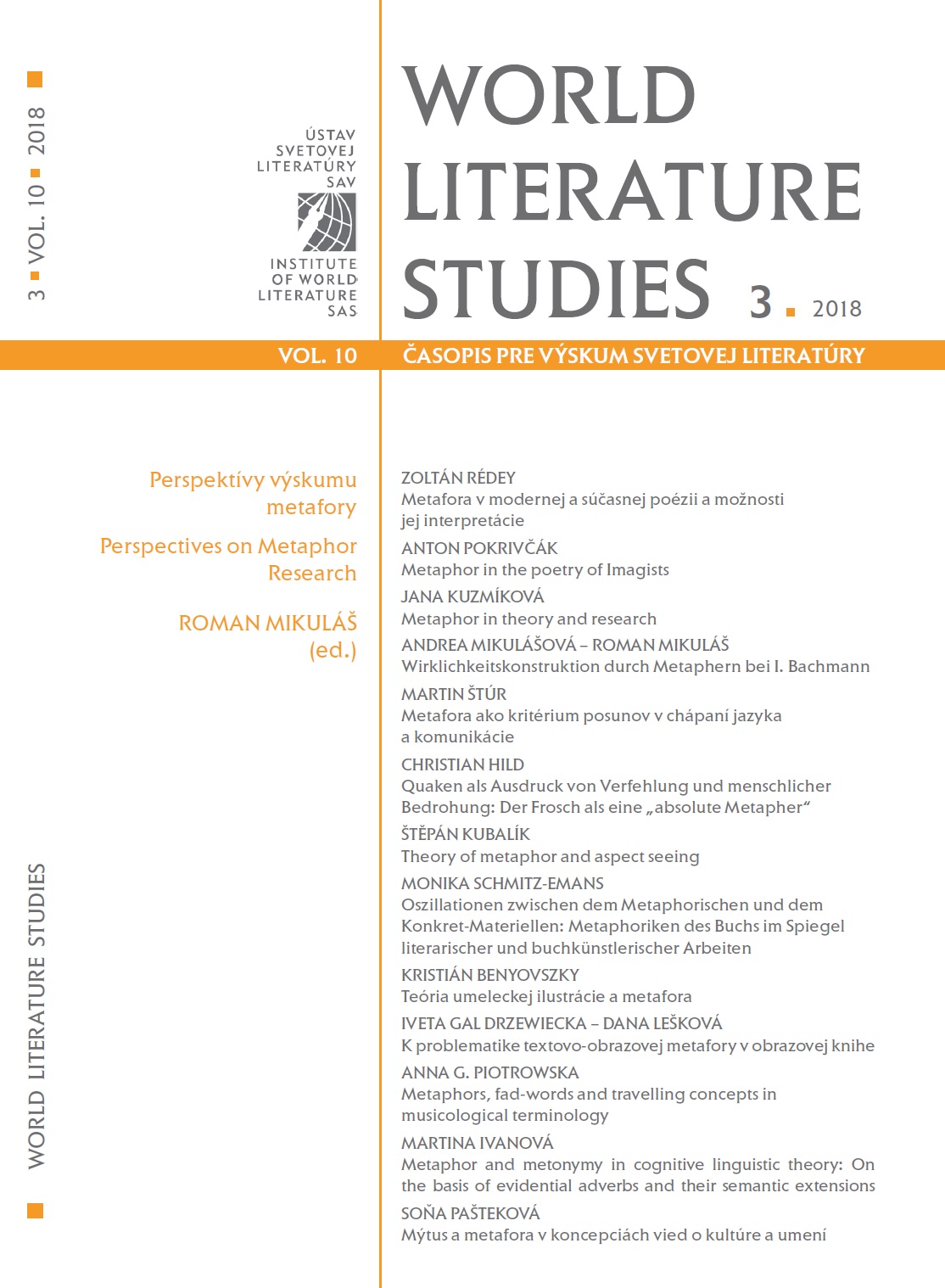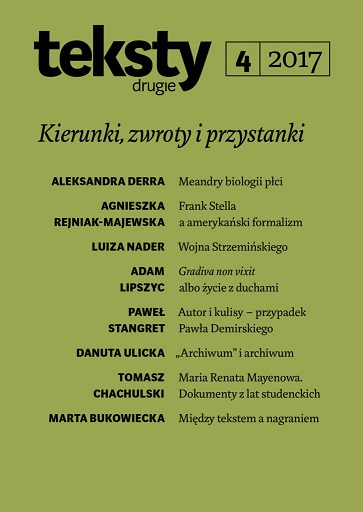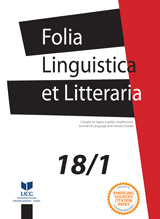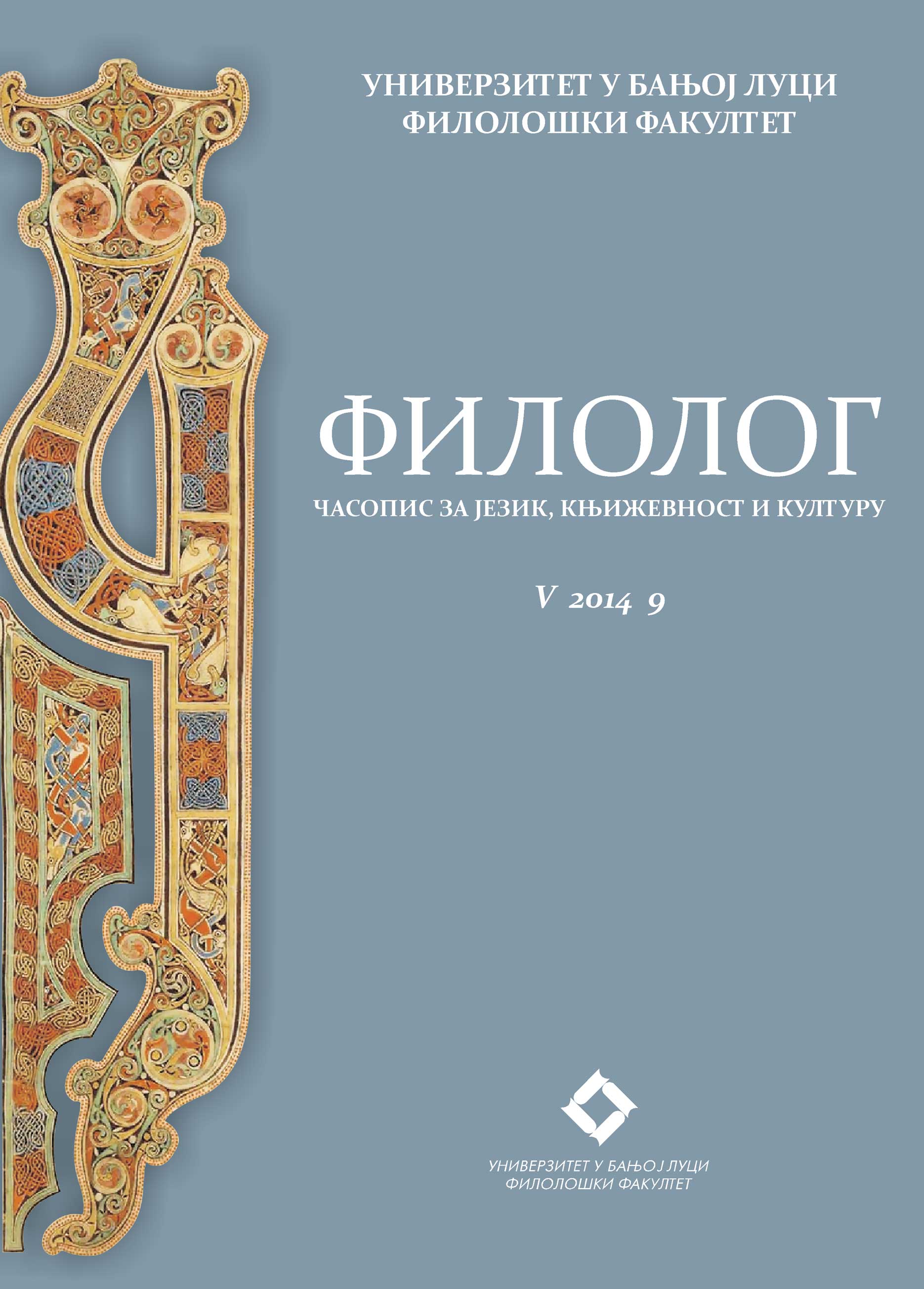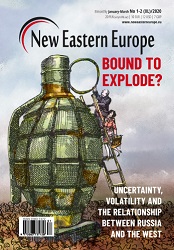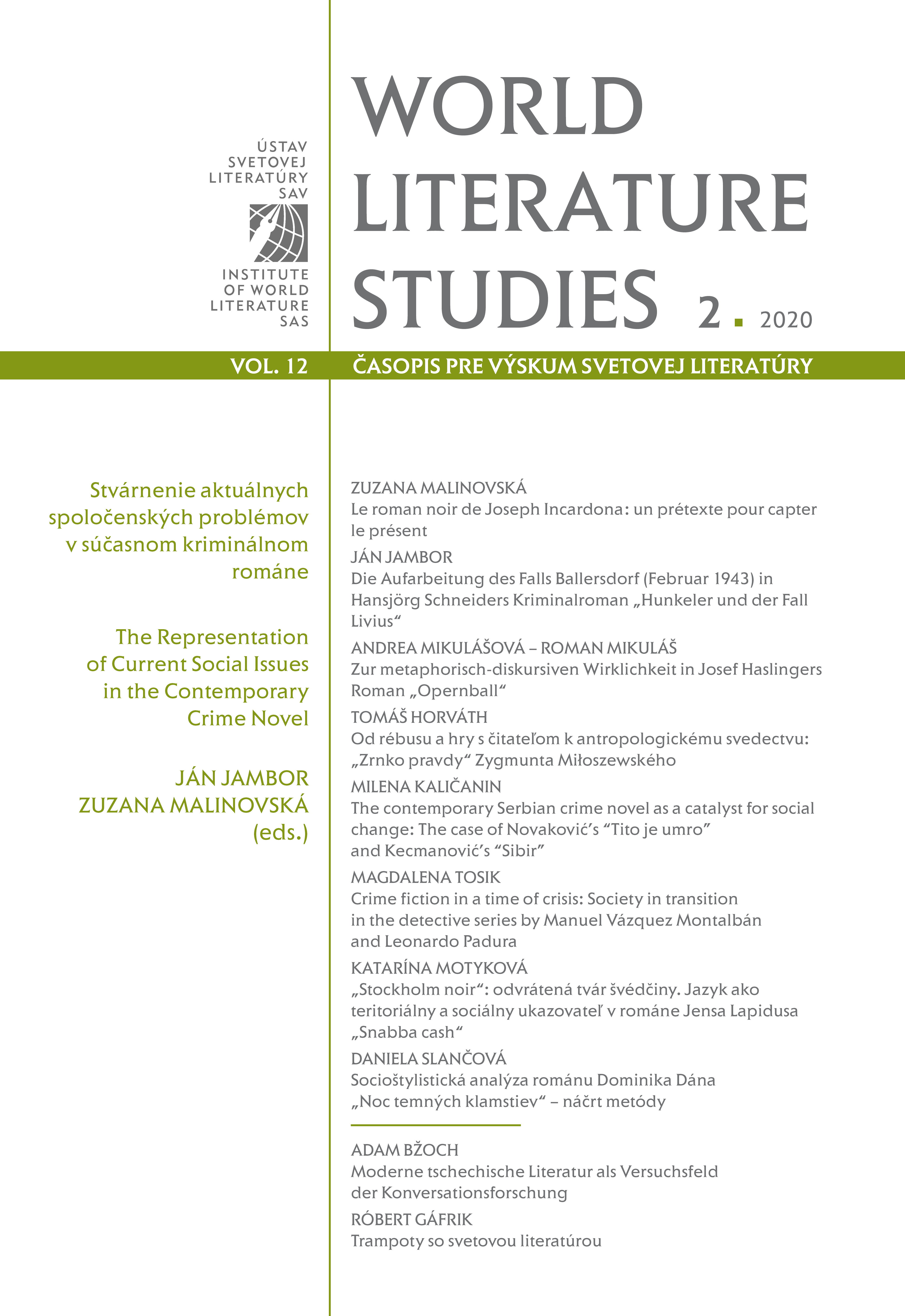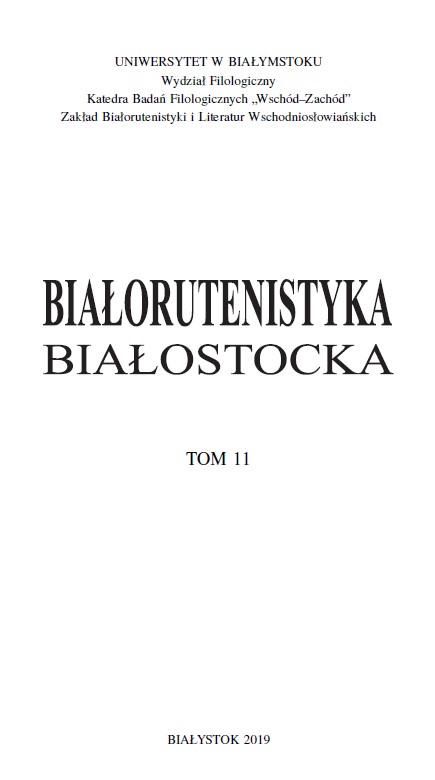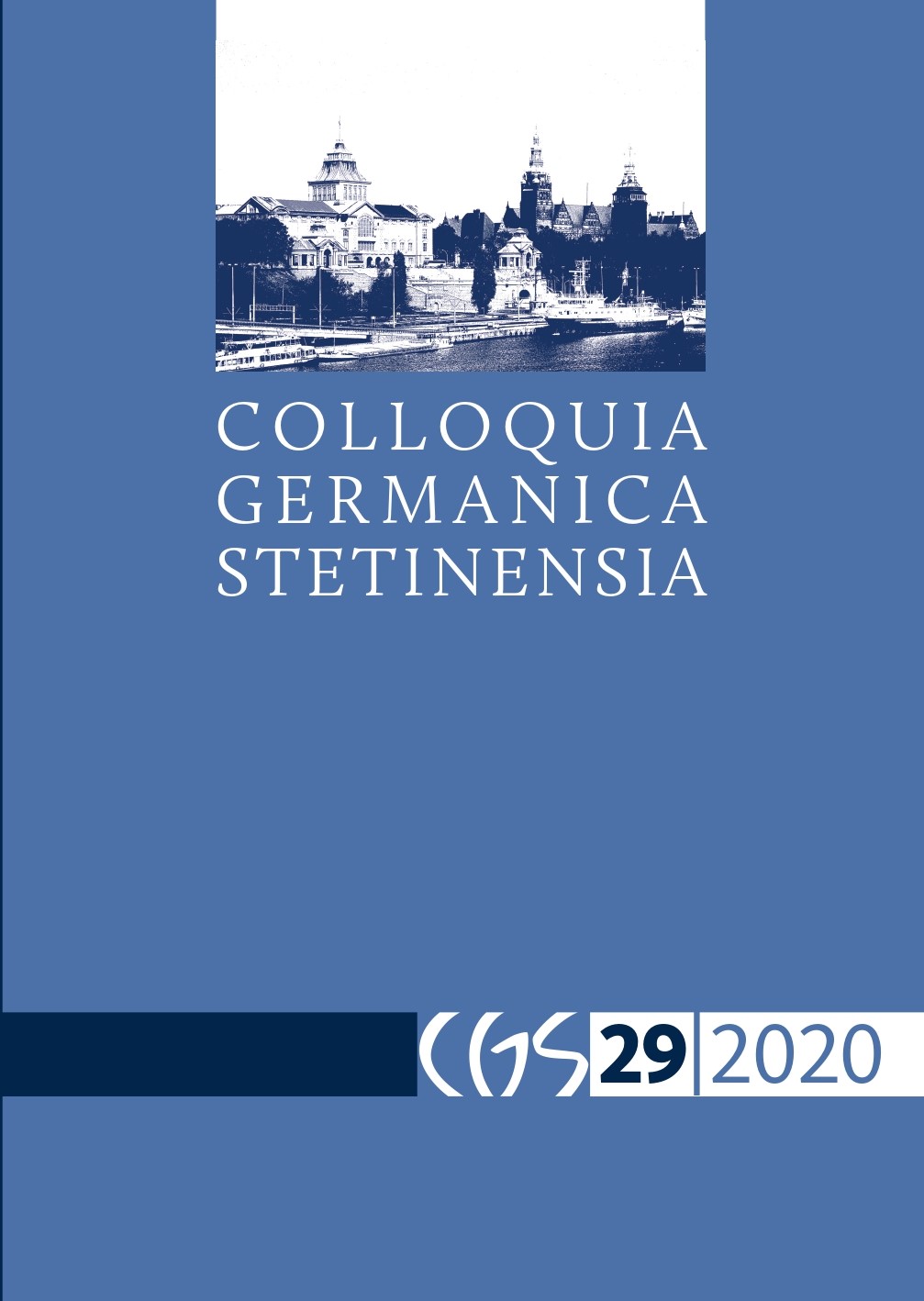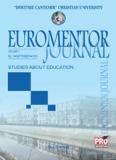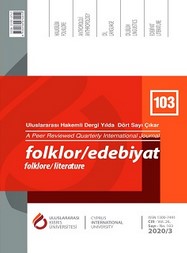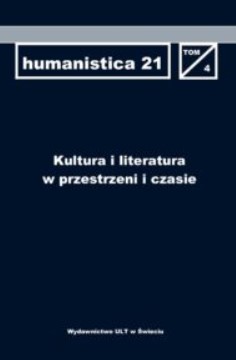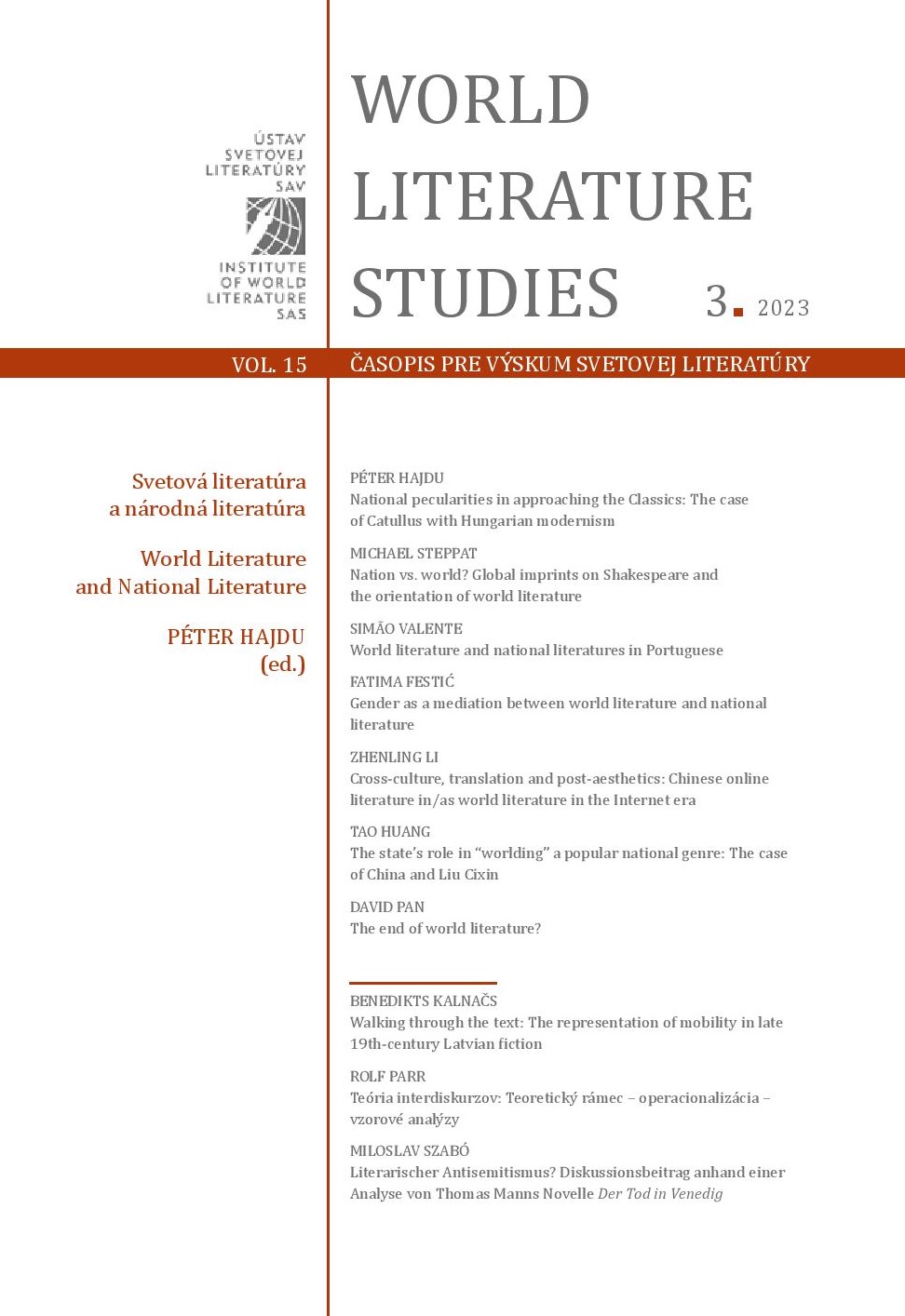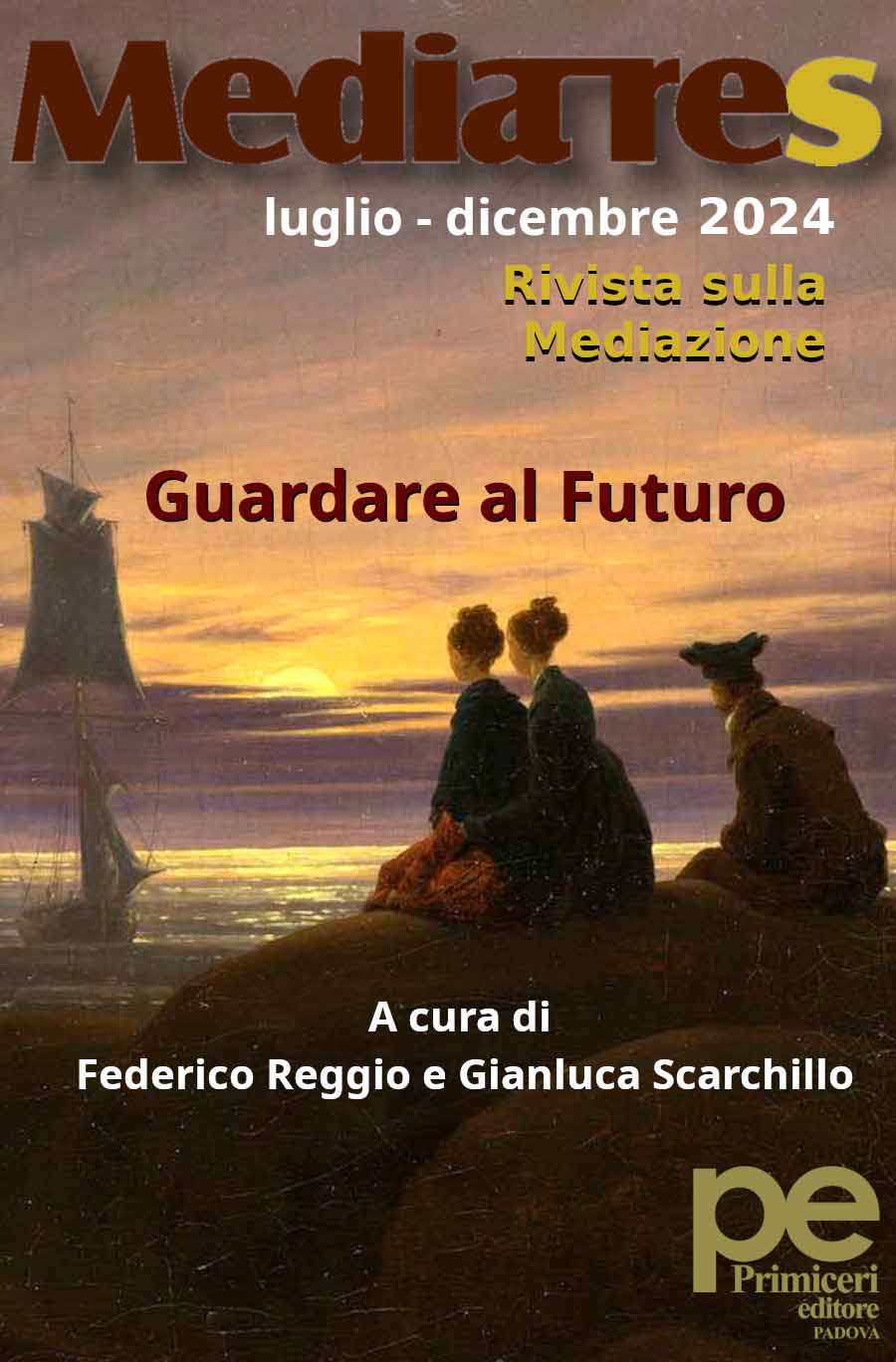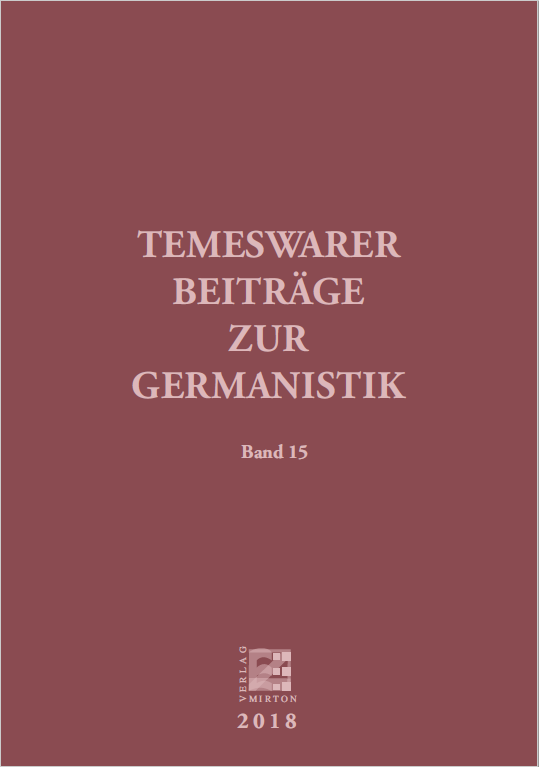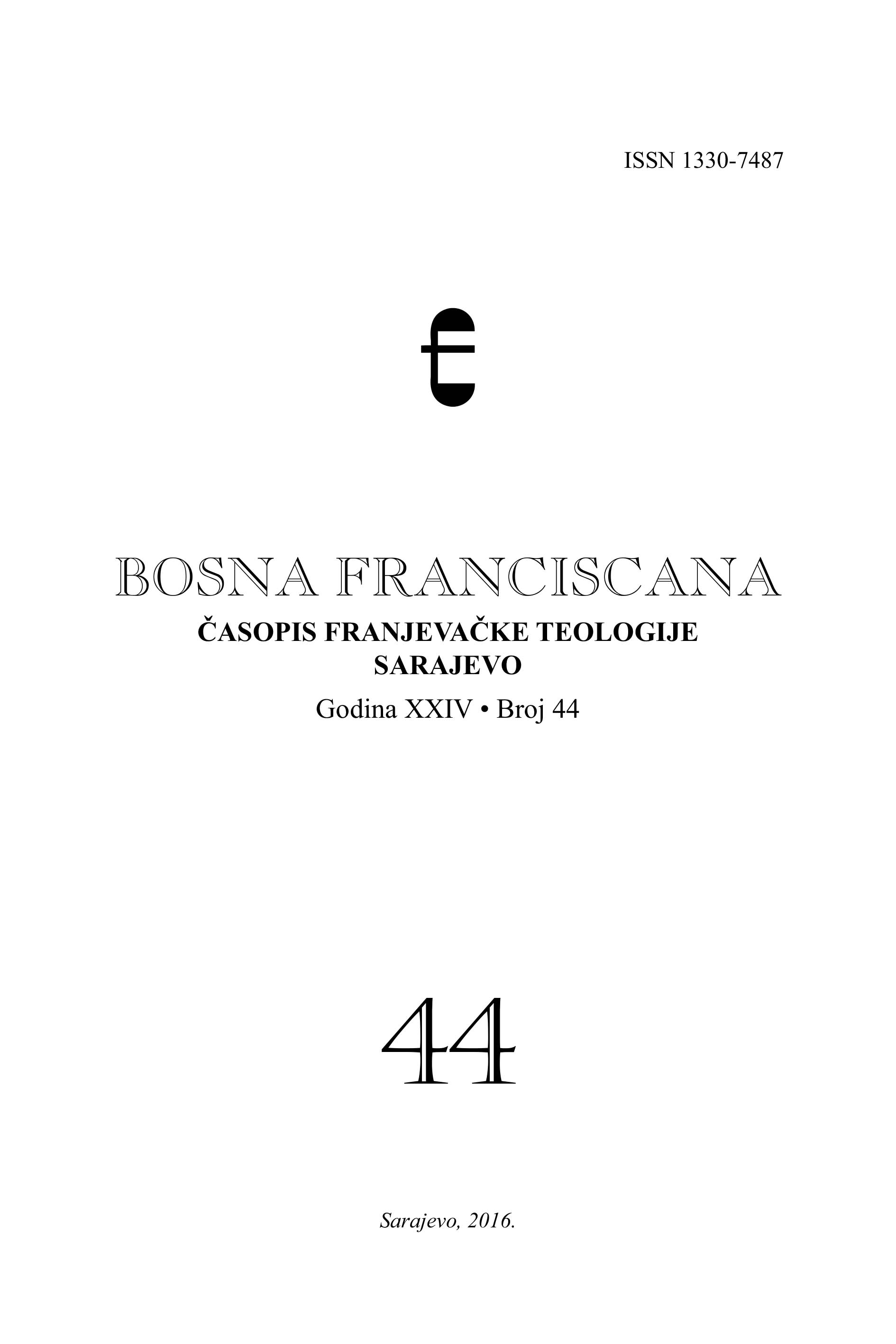
Hermann Bahr, južni Slaveni, austrijska politika i književnost kao pitanje
The Austrian author Hermann Bahr, who is considered the head of the Austrian Moderne a leading personality of this group he tried to create some points of orientation in the new mouvement in literature. First he created an idea of that what he defi ned Naturalismus. For Naturalismus he understood most of the literature up to his time. He did not write a systematic analysis of Naturalismus, he condemned it making exception to a handful of great authors of past times. Moderne was a literature free of any anegdotes or commenting style, which is a landmark of Naturalismus. Literature is not a narration but a Form . Bahr wrote a book on Goethe. That is not his biography (the Germanistik has abundant notice of his life) but a view on Goethe in the eyes of his acquiantances and friends. Goethe wasnot a voluble man sometime talkative and sometime not. And fi nally Goethe was not a happy person. This Goethe-picture could be ranged to Baudelaires poetemaudit. It is a perfect non-academic pamphlet. And fi nally Bahr wrote on the political situation of the Empire and its Kingdoms of his time. He wrote that being the small man of the street who had not insigt in the activities of the goverment because Austria-Hungary still was an absolutist Monarchy.
More...
